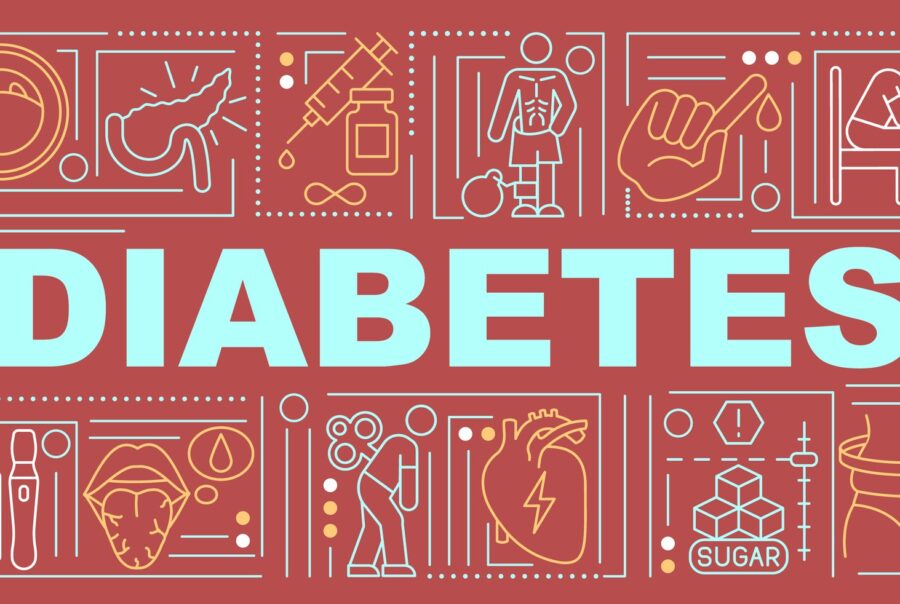Will getting a divorce impact your monthly disability payments?
Divorce brings a host of emotional and financial changes, and for those receiving disability benefits, understanding its impact is a common concern. Many worry about how a separation might affect their income from Social Security Disability Insurance (SSDI) or Supplemental Security Income (SSI). Whether you’re the primary benefit recipient or relying on spousal support, a divorce can influence your eligibility, benefit amounts, and financial planning needs.
Here’s what to know about how divorce affects SSDI and SSI benefits, and what steps you can take to secure your future.
IMPACT AND EFFECT OF DIVORCE BASED ON YOUR BENEFITS
For those with SSDI benefits
For those who receive SSDI directly, divorce typically has little to no impact for you, but it may impact your close family members like your ex-spouse and your children which are explained in the next points.
For those with SSDI benefits
If your children receive SSDI benefits as dependents, their eligibility may be affected based on custody arrangements.
Spousal benefits
After a divorce, spousal benefits based on the ex-partner’s record may continue, provided the marriage lasted at least a decade and the receiving spouse remains unmarried. If you’re divorced and meet these criteria, you’re still eligible to receive spousal benefits, though it won’t affect your ex-spouse’s benefits.
Example
Maria, who was married for 12 years, can continue receiving spousal SSDI benefits after her divorce, as long as she doesn’t remarry.
For those with SSI benefits
SSI eligibility, which is heavily income-based, can see more changes post-divorce.
Impact on the SSI Recipient
If your income drops because of divorce and you also move out of a shared home or household, SSI may actually increase your monthly benefit amount.
Impact on the Spouse and Children
For the SSI recipient’s spouse, there’s no direct SSI benefit as the program doesn’t extend payments to spouses like SSDI can through spousal benefits. Children of an SSI recipient also do not receive SSI benefits directly, and if they live with the recipient, children’s financial support and living arrangements can impact the parent’s SSI amount.
WHAT TO DO AFTER DIVORCE IF YOU GET DISABILITY BENEFITS
Notify the Social Security Administration. Because these adjustments are not automatic, it is essential to promptly report these changes to the Social Security Administration so they can update your records.
Plan Your Finances. To adapt to potential changes in SSDI or SSI benefits, consult a legal or financial advisor experienced in Social Security and disability law to understand your options and guide you through income adjustments, maximizing benefits post-divorce, and meeting financial needs as a newly single individual.
What Happens if You Don't Notify SSA?
Overpayments:
If your income rises post-divorce and the SSA isn’t notified, you might receive benefits you’re not eligible for. The SSA will require you to repay any excess amount, even if it was received unintentionally.
Legal Consequences:
Withholding updates can be considered fraud, leading to fines, suspension of benefits, or, in severe cases, further legal penalties.
Suspension of Benefits:
If the SSA discovers that your marital status has changed without notification, they may suspend benefits until they have updated your records.
Underpayments:
If you’re receiving SSI benefits and your income decreases after a divorce without notifying the SSA, you could miss out on an increase in your benefit amount.
CONCLUSION
Divorce doesn’t usually stop SSDI or SSI benefits, but it can change the amounts based on individual situations. Knowing how changes in marital status affect these benefits can help you make informed decisions during this transition. If you are already working with us at Casa de la Justicia, please let your Case manager know immediately so we can update your file with Social Security.
WINNING beings with a CALL

The lawyers at
Casa de la Justicia
are always by your side
If you or a family member:
You may be entitled to monetary compensation
Call us for FREE at




